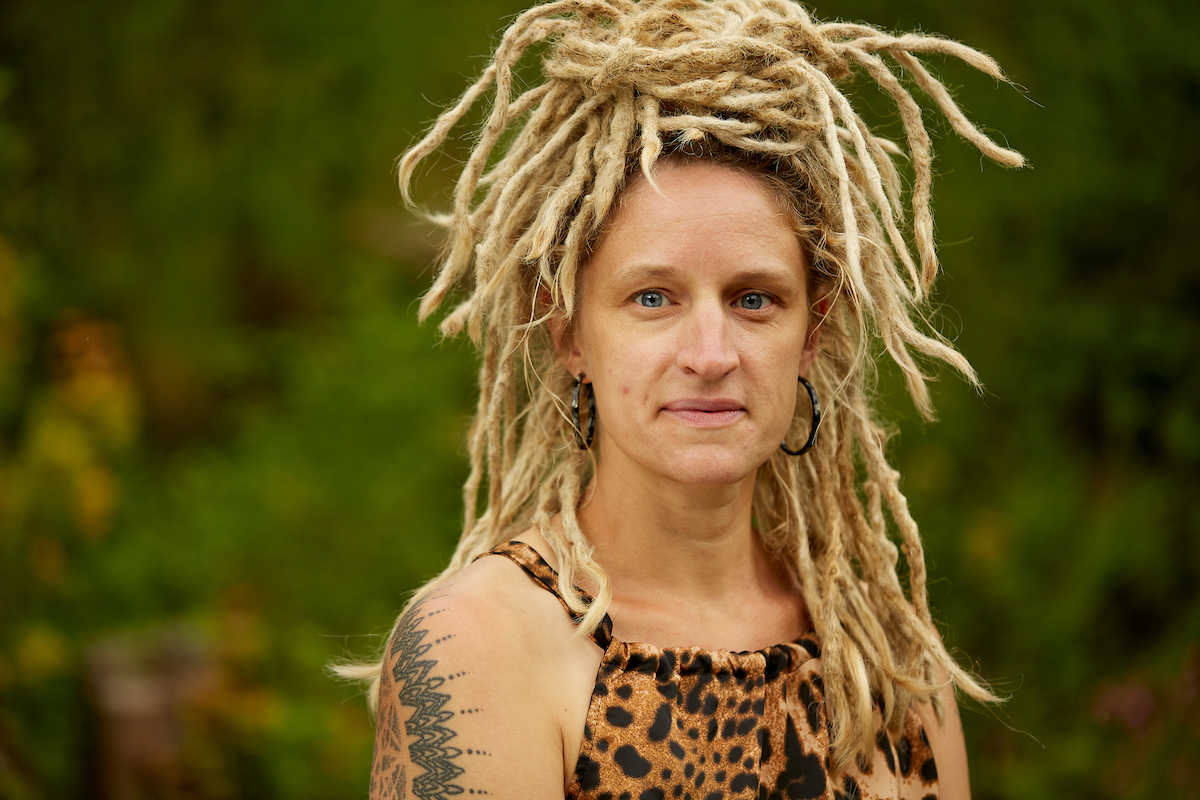So, you and your partner have decided that you wanted to start a family or to add to your existing one - what an adventure. The decision to create new life, to extend the love between you into a new person is so exciting, the creation of siblings is one of the most sacred and special experiences of growing your family. The journey towards conception and confirmation of a pregnancy is different for us all, just as the journey into parenthood differs for every woman and birthing person, and their partners.
When you begin on your journey towards parenthood, new or repeating, it is unlikely that the consideration of baby loss, pregnancy loss or conception loss will dominate your thoughts, unless they have permeated your life previously. We are an optimistic race and baby loss is so very hidden in our society that we often forget the gamble that we enter with life and death on this path towards parenthood.
When couples enter their anticipated nine-month countdown to meeting their new little human and something quite different happens, it can be terrifying and heart-breaking. Baby loss, miscarriage, conception loss or other forms of loss can change the course of our futures in ways unimaginable. Whilst living in the shock, trauma, desperation, and grief of baby loss, how and what are we supposed to do to ensure that we continue to support our partner and nurture our relationship with them?
Grief is the natural and normal response to loss of any kind. How grief manifests for us individually is going to be totally unique and will be very different from others around us. You and your partner might have differing emotional responses to the same loss, with one feeling that it was less significant than the other. Early loss in pregnancy may result in feelings of utter heartbreak for one of you, with the other feeling that it was a 'blip' on the path towards future successful pregnancies. Knowing how to continue to hold the space for everybody's unique response to loss is a challenging negotiation and can put strain on your connection with one another.
As an advanced grief recovery specialist, one of the core teachings that I share with my clients is what we call the six myths of grief. These myths:
- Don't feel sad
- Keep busy
- Be strong for others
- Time is a healer
- Replace the loss
- Grieve alone

